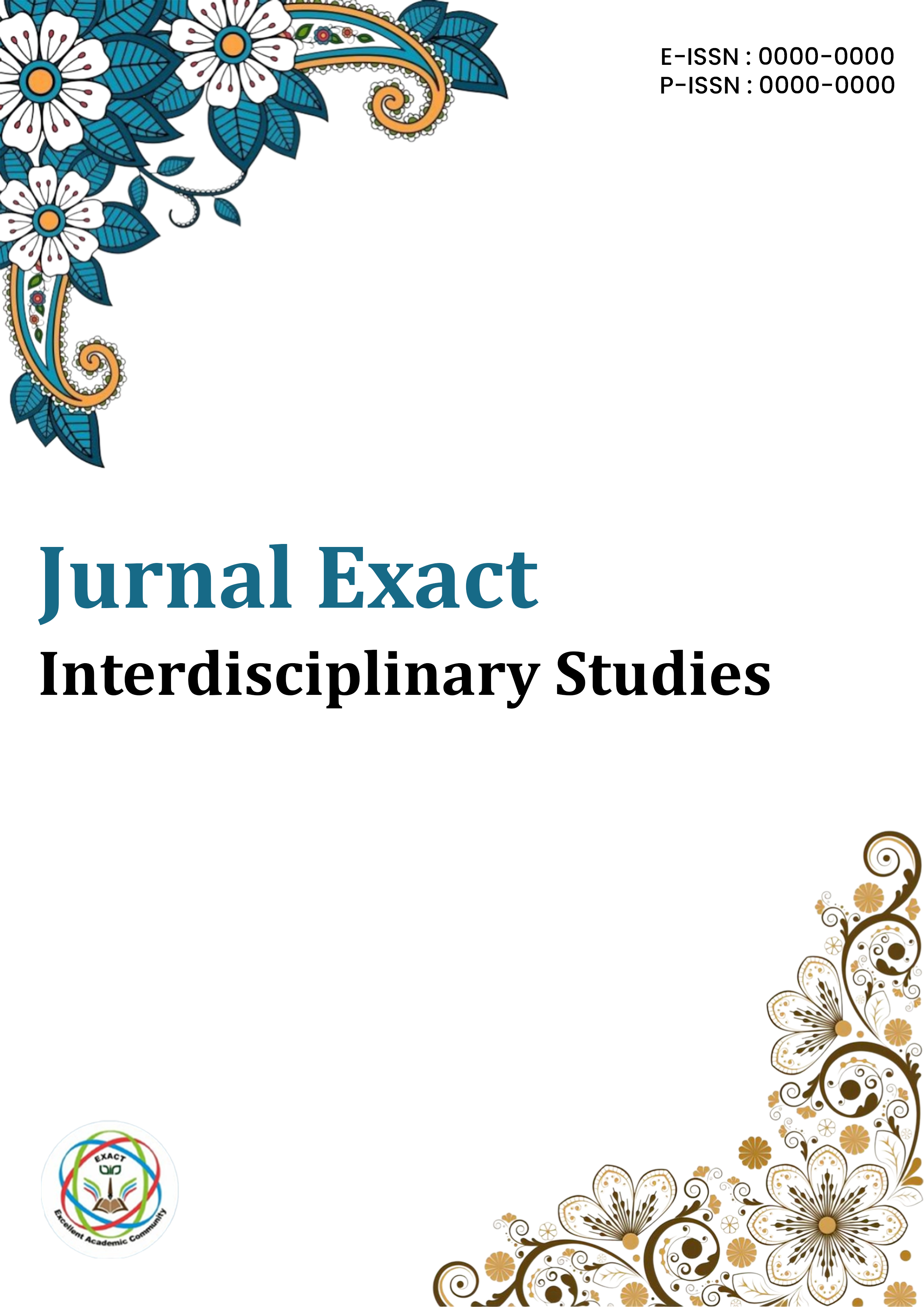Pemahaman Implikasi Pendidikan Gender pada Mahasiswa UIN Sunan Kalijaga dalam Tinjauan Meta-Kognitif
Abstract
This research explores the implications of gender education for students at the State Islamic University (UIN) Sunan Kalijaga Yogyakarta from a metacognitive perspective. Gender education plays an important role in creating awareness about gender equality and its influence on decision making, both in academic and social settings. A qualitative approach was used with case study techniques through questionnaires to understand student perceptions regarding gender education. The research results show that students understand the importance of gender equality as a condition where all genders have equal rights, responsibilities and opportunities. The metacognitive perspective shows that students are able to realize gender bias, reflect on personal experiences, and regulate their thoughts and behavior towards gender issues. In addition, the gender education received has been proven to encourage students to apply equal values in everyday life, including in the family and work environment. However, the evaluation shows that although students' understanding is quite good, the integration of gender education needs to be strengthened in the curriculum to have a more significant impact. This research concludes that gender education implemented strategically can influence students' metacognitive awareness and increase their role in supporting gender equality in society.
Keywords: education, gender, metacognitive, equality, students
References
P. Studi, M. Pendidikan, dan U. S. Maret, “Ketimpangan Dan Peningkatan Kesetaraan Gender Dalam Sdgs ( Sustainable Development Goals ),” vol. 4, no. 2, hlm. 55–61, 2024.
S. Ni’am, “Pendidikan Perspektif Gender Di Indonesia (Menimbang dan Menakar Peran Gender dalam Pendidikan),” EGALITA, vol. 10, no. 1, Des 2017, doi: 10.18860/egalita.v10i1.4537.
D. A. Astuty, “Persepsi mahasiswa terhadap,” vol. 19,no. 2, hlm. 66–79, 2024.
Kevin Namiiro Kuteesa, Chidiogo Uzoamaka Akpuokwe, dan Chioma Ann Udeh, “Gender Equity In Education: Addressing Challenges And Promoting Opportunities For Social
Empowerment,” Int. J. Appl. Res. Soc. Sci., vol. 6, no. 4, hlm. 631–641, Apr 2024, doi: 10.51594/ijarss.v6i4.1034.
E. Indarini, T. Sadono, dan M. E. Onate, “PENGETAHUAN Metakognitif Untuk Pendidik Dan Peserta Didik,” Satya Widya, vol. 29, no. 1, hlm. 40, Jun 2013, doi: 10.24246/j.sw.2013.v29.i1.p40-46.
B. A. Retnasari, M. Asy’ari, S. Prayogi, dan M. Muhali, “Perbedaan Kesadaran
Metakognitif Berdasarkan Gender di SMA Negeri 1 Gunungsari,” J. Authentic
Res., vol. 2, no. 1, hlm. 68–79, Jan
, doi: 10.36312/jar.v2i1.2134.
I. Muhammad, A. Jupri, J. A. Dahlan, dan T. Turmudi, “The Relationship Between
Self-Determination and
Metacognition of Junior High School Students in Mathematics Learning Based on Gender,” SJME Supremum J. Math. Educ., vol. 8, no. 2, hlm. 283–294,
Jul 2024, 10.35706/sjme.v8i2.10959.
Downloads
Published
Issue
Section
License
Copyright (c) 2024 Bagus Aditya Nugroho, Zayyina Taqiyaa Azka

This work is licensed under a Creative Commons Attribution-NonCommercial-ShareAlike 4.0 International License.






